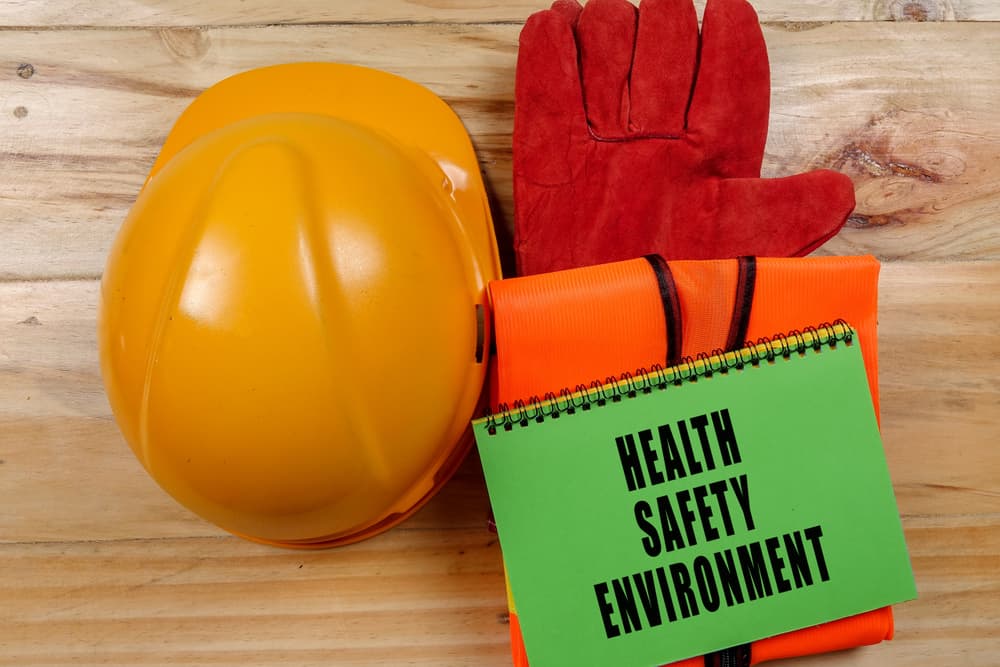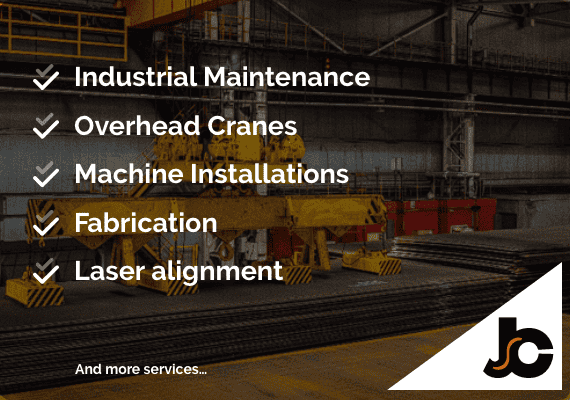If you’re involved in hiring or managing the workforce in Sydney, especially within industries like manufacturing, construction, logistics, or warehousing, you’re likely aware of the challenges associated with sourcing reliable and skilled personnel.
Amid these challenges, the role of a “labour hire service” becomes increasingly crucial.
In this article, we examine the scope and benefits of labour hire services, focusing on various roles, industry applications, and the importance of safety training.
Understanding Labour Hire: Key Roles and Responsibilities
From electricians to riggers, each individual serves a unique function in keeping operations running smoothly. Let’s examine these roles more closely.
Electricians
Among the roles provided by labour hire services, electricians are responsible for the installation, maintenance, and repair of electrical systems.
In any industrial setting, they ensure electrical equipment is functioning properly and safely. Tasks can range from designing electrical layouts for new construction sites to troubleshooting issues in an existing power system.
Electricians play a crucial role in preventing electrical mishaps, which can cause costly downtime or even pose significant safety hazards.
Mechanical Fitters
With a key role in the assembly, installation, maintenance, and repair of industrial machinery, mechanical fitters are the troubleshooters who keep the heart of your manufacturing unit – the machinery – running smoothly.
A mechanical fitter’s keen eye for detail and adept problem-solving skills can make a significant difference in reducing machine downtime and ensuring continuity in your production line.
Boilermakers
Boilermakers are skilled tradespeople who construct, assemble, and maintain boilers and other large vessels and tanks designed to hold liquids and gases. Their work is integral to industries where large-scale storage or pressure vessels are required. They ensure these structures are built to exacting specifications and safety standards.
Without their expertise, industries like energy production, oil and gas, or even brewing could not function efficiently.
Riggers: your heavy lifters
Specialists in the lifting and moving of heavy or oversized objects. In construction projects, manufacturing units, or logistics, riggers use hoists, pulleys, and cranes to move materials or equipment. They often work in tandem with other trades, such as crane operators and truck drivers, ensuring heavy loads are moved safely and efficiently.
Their precise work helps prevent accidents and protects both people and property from potential damage.
Trade Assistants
Trade assistants are the all-rounders in your team. They assist in various trades, contributing to the efficiency and speed of any project. Whether it’s aiding an electrician in laying cables, helping a mechanical fitter in machine maintenance, or supporting a boilermaker in constructing a boiler, a trade assistant’s role is all about versatility and adaptability.
Labour Hire – Industries in NSW
Labour hire services cater to a broad range of sectors, each with its own unique set of requirements. The wide array of professionals available through labour hire contributes significantly to the smooth functioning of different industries. Let’s discuss some of the roles available via labour hire services across various sectors in New South Wales:
Construction
The construction industry forms the backbone of NSW’s urban development and infrastructure projects. Labour hire services play a crucial role in this sector, providing skilled personnel who contribute to successful project completion.
Electricians in construction ensure all electrical installations follow Australian standards, making buildings safe for occupation. Boilermakers and riggers assist in the construction of steel frameworks, playing a significant role in building infrastructure.
Manufacturing
The manufacturing industry, with its multitude of complex operations, relies heavily on competent and experienced professionals. Mechanical fitters and electricians form an integral part of the manufacturing process, often responsible for machine installations, routine checks, and preventive maintenance to keep production lines running.
Trade assistants, another critical role filled by labour hire services, help maintain operational efficiency by assisting in various trades within the manufacturing setup. Their versatility proves invaluable, especially in complex and dynamic manufacturing environments.
Logistics and warehousing
In the logistics and warehousing sector, efficiency and safety are key. Trade assistants help manage inventory, load and unload goods, and perform routine checks to ensure the smooth flow of operations. Riggers play a significant role in the safe movement and transport of goods, especially heavy or delicate items.
Mining and infrastructure
Mining and infrastructure projects often require specialised skills due to the inherent risks and challenges associated with these sectors. Boilermakers and mechanical fitters, for instance, ensure heavy machinery and equipment are safe and productive.
What recruiters are seeking from a labour hire service
Recruiters and decision-makers look for several key aspects when they approach labour hire services:
Quality and Competence of Workers
Top of the list is the skill set and experience of the person being provided.
Flexibility
The ability to scale up or down the workforce as per project needs is crucial in many industries.
Reliability
The assurance the hired labour will arrive on time and perform their duties effectively is essential.
Safety Compliance
A workforce well-trained in safety procedures can significantly mitigate potential risks on the job.
The Importance of Safety Training in Labour Hire
Safety training, in the context of labour hire for the sectors covered in this article, is essential. It forms the backbone of a productive, reliable, and safe workforce. Here, we explore why this is important for any workplace and discuss some fundamental areas of safety training:
Understanding Workplace Health and Safety
Every worker needs to understand the basics of workplace health and safety. This knowledge encompasses general awareness of safe practices and procedures, along with an understanding of the risks if these are not followed.
In industries like construction, manufacturing, or logistics, adherence to these guidelines can be the difference between a regular day at work and a potentially hazardous situation.
For instance, workers need to be aware of the correct methods of handling equipment or hazardous materials, understand the importance of cleanliness and organisation in preventing accidents, and be alert to potential hazards around them.
Risk Assessment
Another essential aspect of safety training. Risk assessment involves the ability to identify potential hazards in a work environment and understand the appropriate steps to mitigate them.
Workers trained in risk assessment are invaluable to any work site. They can identify issues not immediately apparent, from faulty equipment to unsafe procedures, and take the necessary steps to rectify the situation or report it to the relevant authority.
First Aid
Basic first aid training can be incredibly beneficial in a workplace, particularly in labour-intensive industries. Workers equipped with first aid skills are able to respond effectively to minor injuries, preventing them from escalating into more serious health issues.
This training can cover a wide range of topics, from how to properly bandage a cut to more complex procedures such as CPR. Ultimately, a worker trained in first aid is a valuable asset to any team.
Use of Personal Protective Equipment (PPE)
The correct use of Personal Protective Equipment (PPE) is another vital component of safety training. Workers need to understand when to use PPE, what type of PPE is required for their specific role, and how to properly use and maintain it.
For example, in a construction environment, hard hats, safety boots, high-visibility vests, and gloves could be necessary. In a manufacturing plant, workers might require ear protection, safety goggles, or even respirators. Being well-versed in the use of PPE significantly reduces the risk of injury on the job.
Jones Complete Services: Your Trusted Partner in Labour Hire
When it comes to labour hire in Sydney, Jones Complete Services stands out as a trusted and reliable partner. Not only do we provide a wide range of skilled and experienced professionals, but we also give utmost priority to safety training, a key differentiator in the realm of labour hire services.
Highly Skilled Professionals Across Various Trades
At Jones Complete Services, we specialise in providing highly qualified and experienced mechanical fitters, electricians, riggers, boilermakers and quality trade assistants. We thoroughly vet them, ensuring you receive competent individuals who can seamlessly integrate into your team and contribute positively from the onset.
Tailored Solutions for Diverse Industries
We understand the unique demands of different industries in NSW, from construction and manufacturing to logistics and warehousing. This understanding translates into tailored solutions to meet specific industry needs. With Jones Complete Services, as well as hiring top-quality labour; you’re gaining partners who understand your business and are invested in your success.
Rigorous Safety Training
At Jones Complete Services, safety is non-negotiable. We ensure all our personnel have completed extensive safety training, covering crucial aspects such as workplace health and safety, risk assessment, first aid, and the proper use of PPE. This commitment to safety ensures not only the well-being of the workers but also contributes to the overall efficiency and productivity of your operations.
We offer a comprehensive solution to ensure you get skilled, experienced, safety-trained personnel who can contribute effectively to your project’s success.
If you’re looking for labour hire in Sydney, Jones Complete Services should be at the top of your list.
















